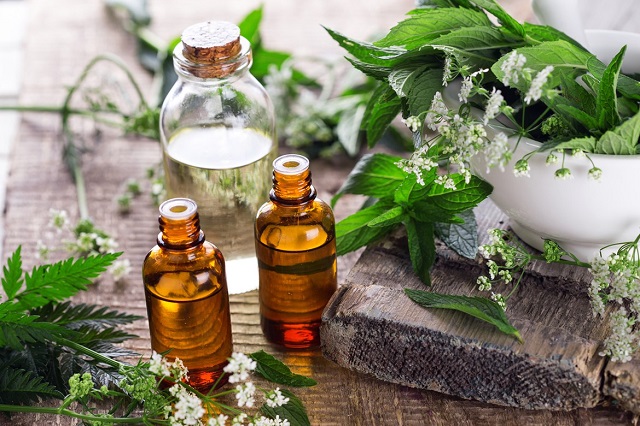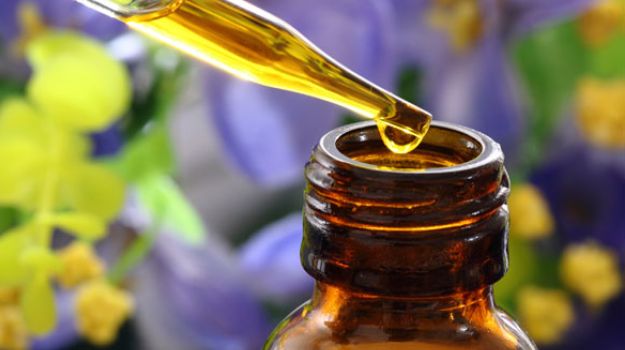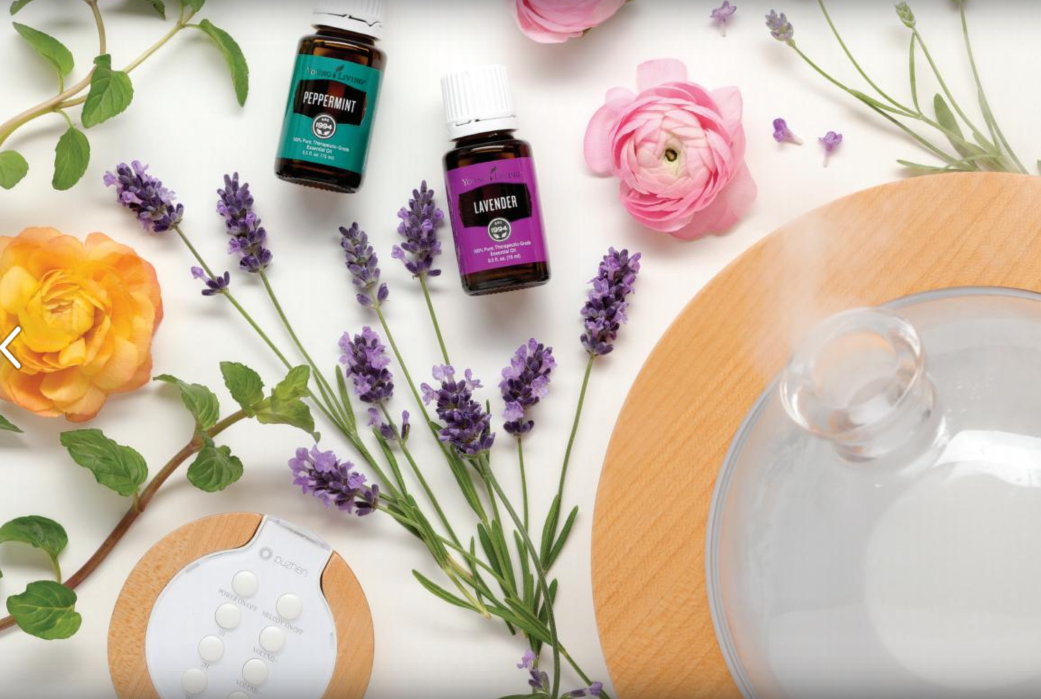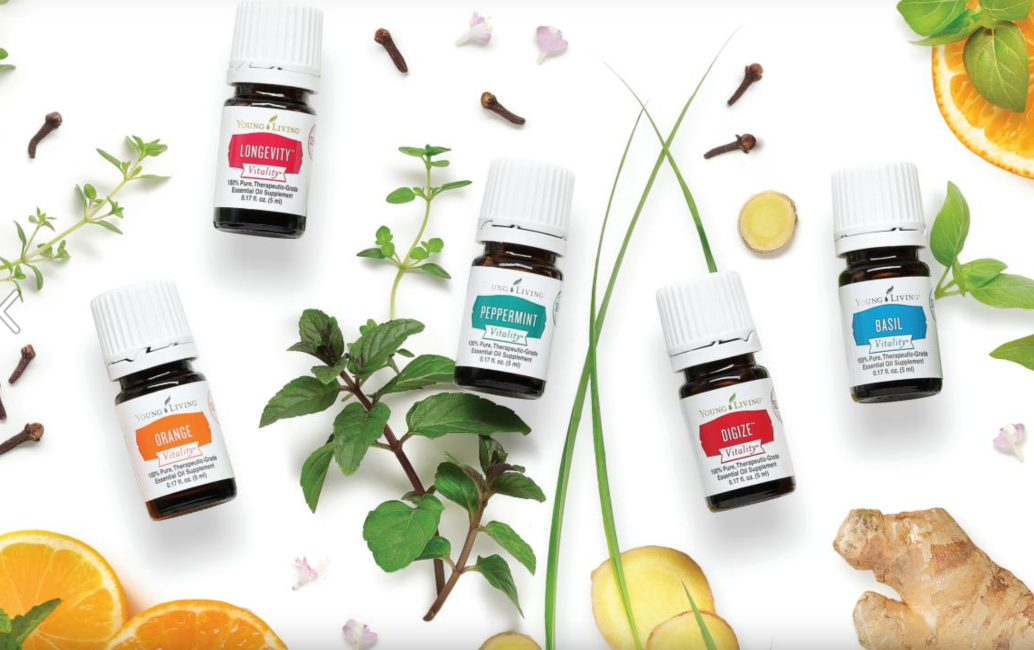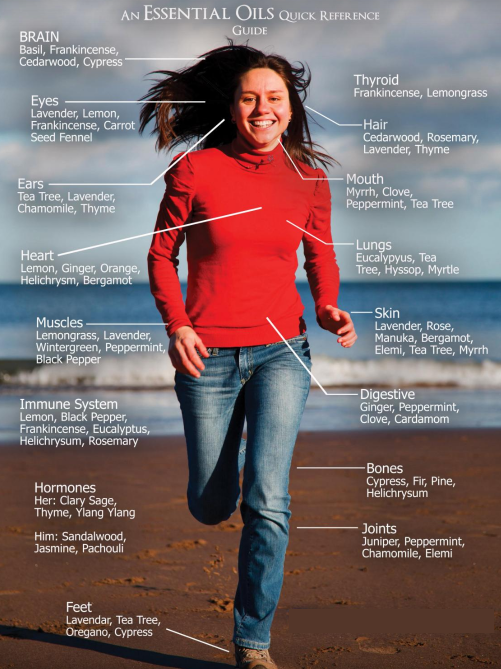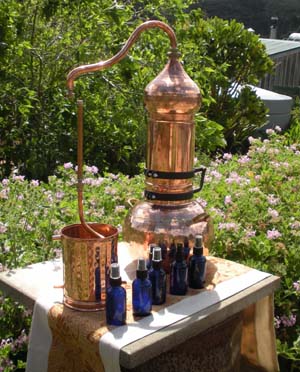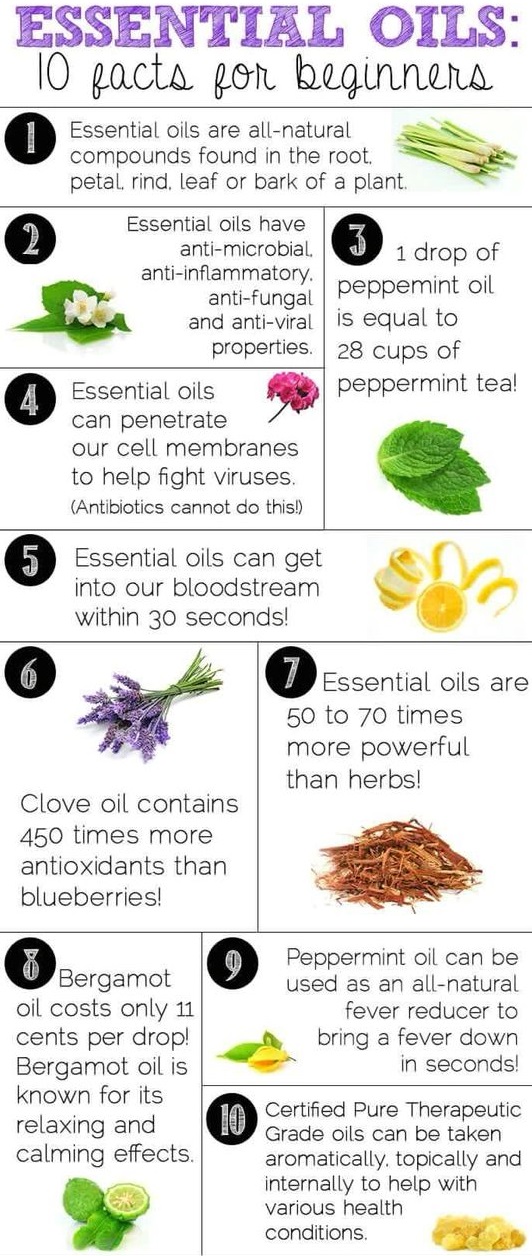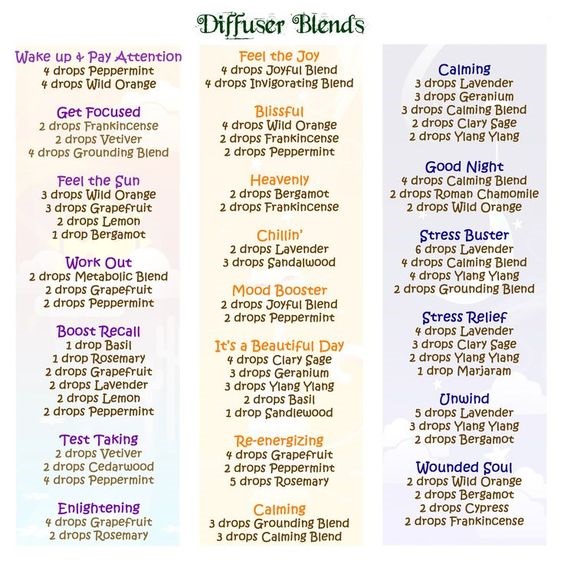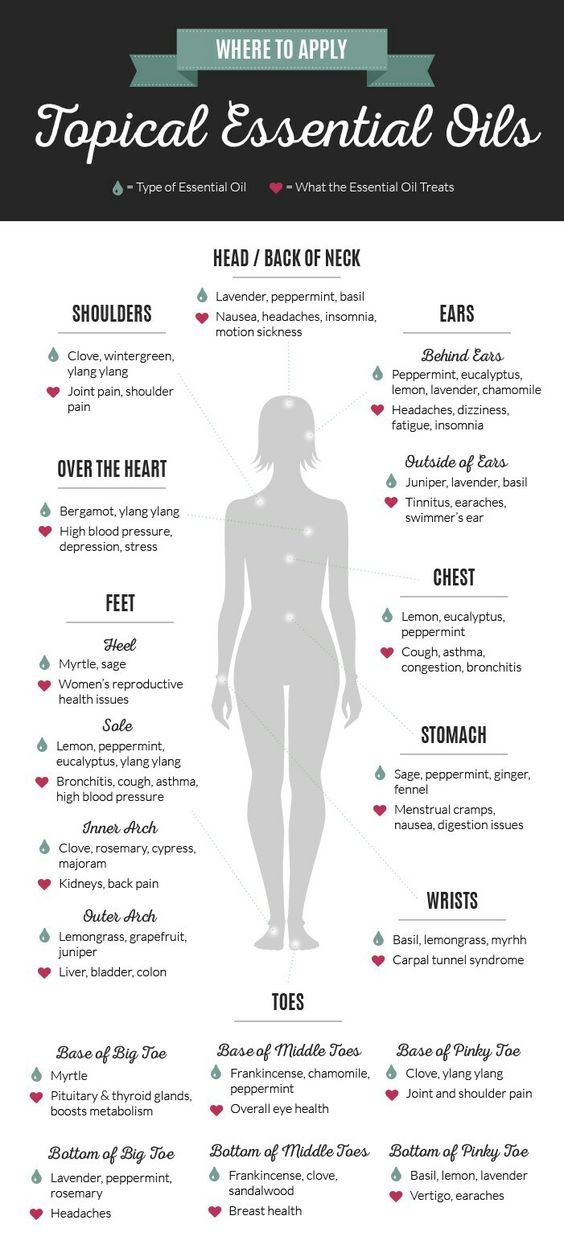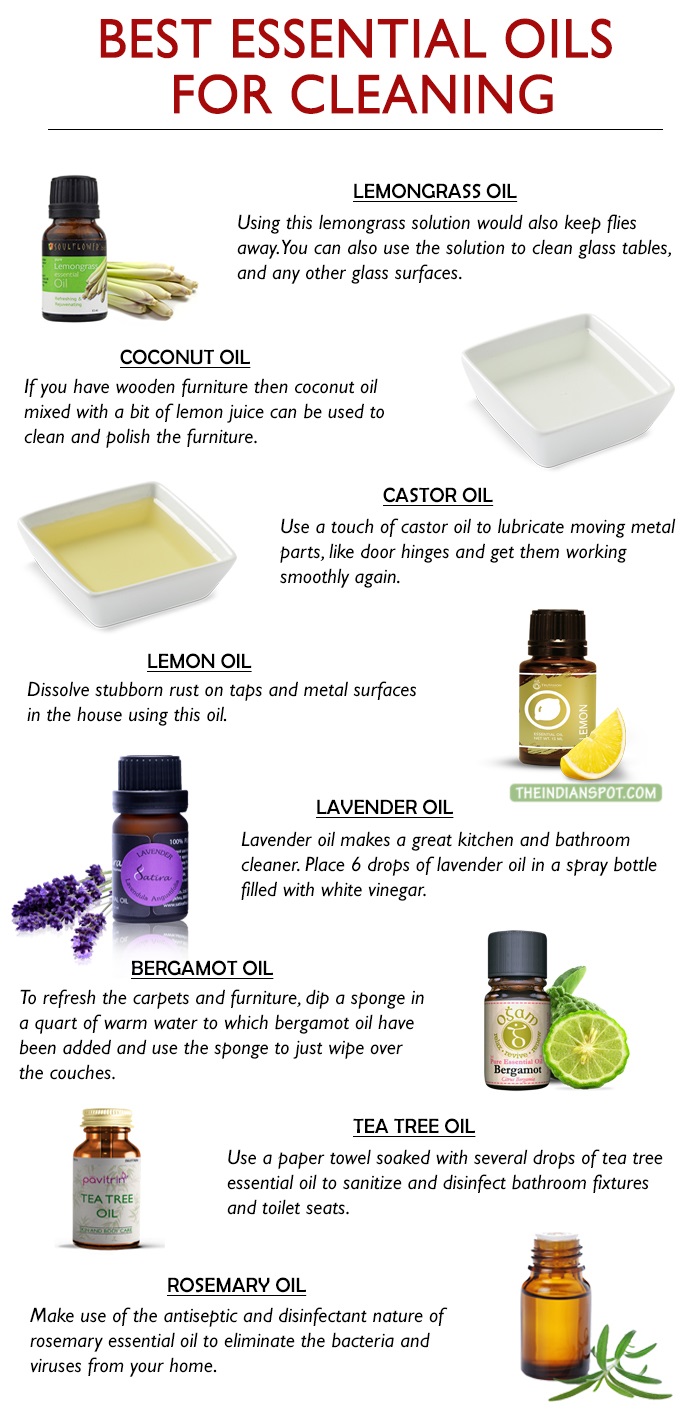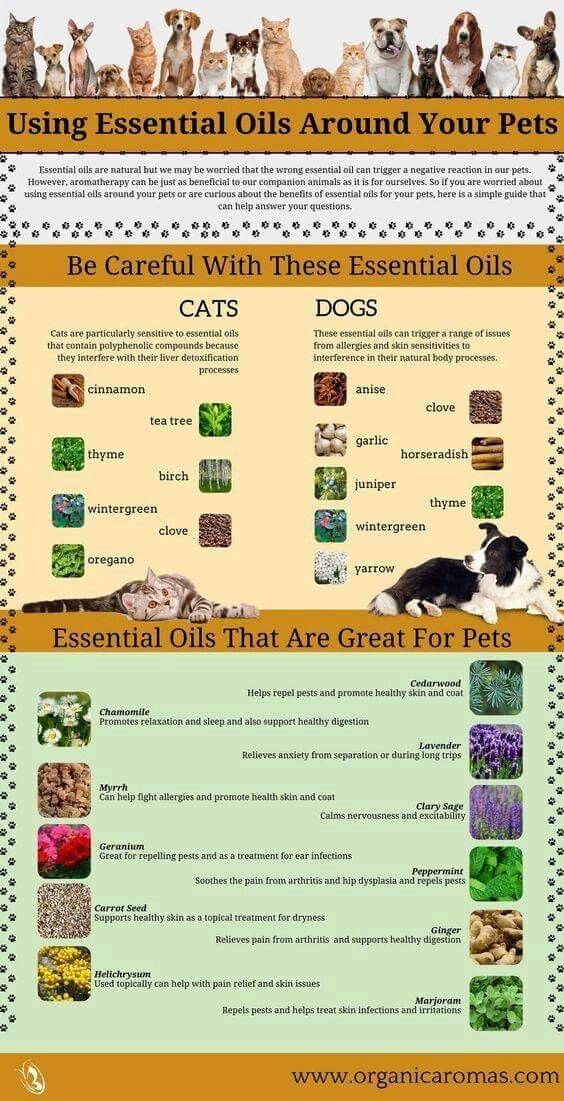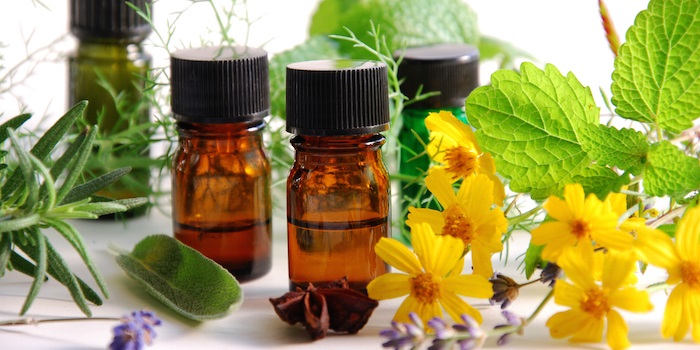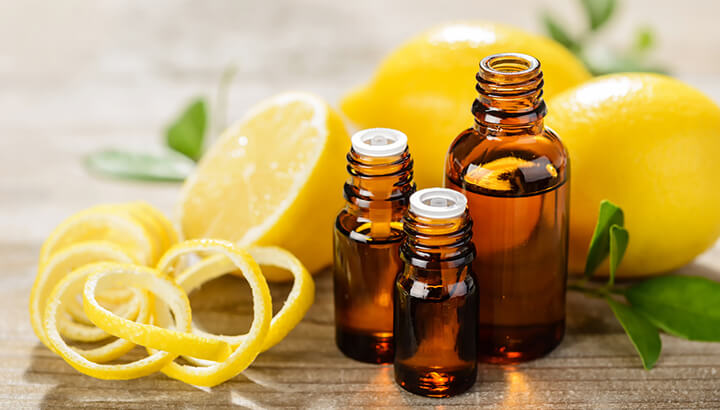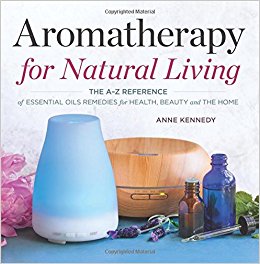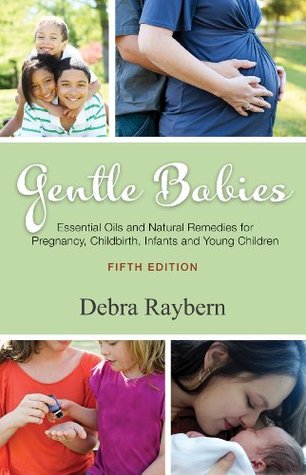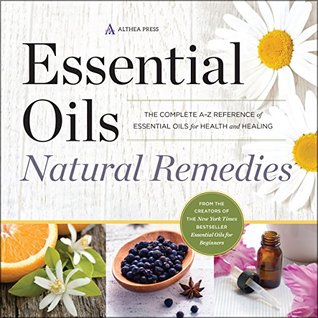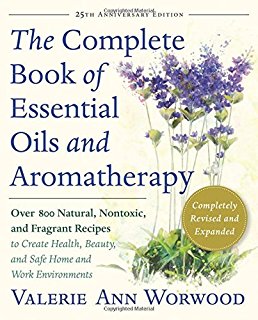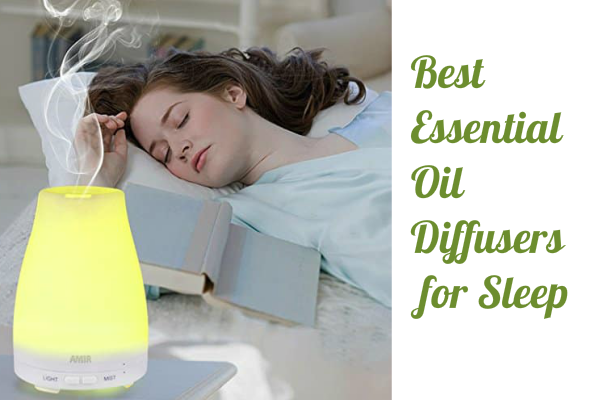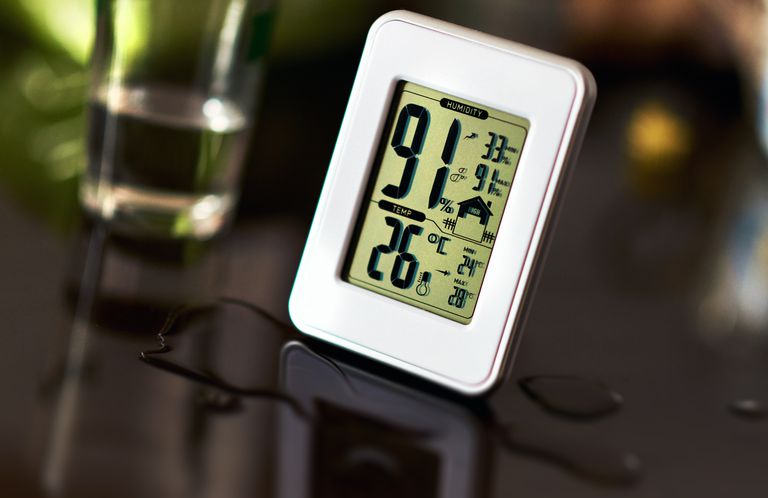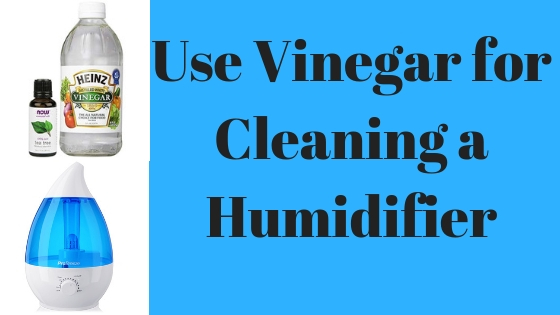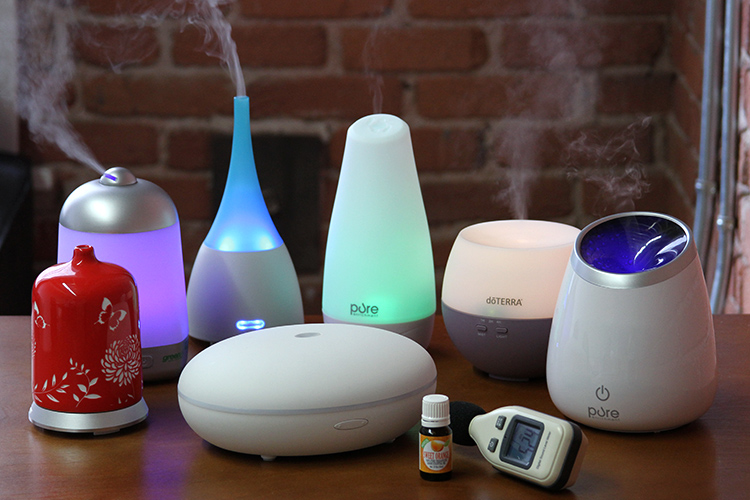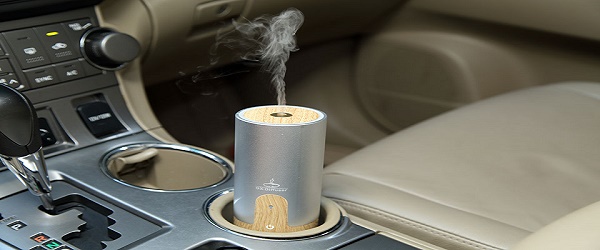What is Aromatherapy: The Practical Guide To Essential Oils Use
Humankind has been using aromatherapy, one of the sides of the alternative medicine since ancient times. Its basic principle is that people are receptive to flavors. Nowadays, essential oils are very appreciated all over the world and they are used widely in the care and beauty industry. Also, aromatherapy is very useful for preventive purposes, helping to prevent relapsing diseases.
What is Aromatherapy and How Can One Practice It?
The standard definition tells us that aromatherapy is a branch of the alternative medicine. Aromatherapy is preventive and curative and it takes into account the person as a whole. It uses aromatic extracts of plants (flowers, fruits, leaves, bark or roots processed via distillation) for therapeutic or well-being purposes.
Starting from a raw plant material, the flower, the leaf, the root, the twig, the wood, the bark or the fruit, one obtains, after the distillation, a liquid extract particularly concentrated and very complex, also known as essential oil.
Aromatherapy does not treat diseases or more specifically a certain disease in the body. Instead, it helps the body regain its own power of regeneration and improves the immune response to various diseases.
Aromatherapy is, therefore, an alternative treatment method. It aims to maintain the overall health of your body, energizing and relaxing the body as well as eliminating the daily stress.
Aromatherapy treats a large number of minor disorders such as stress, fatigue, skin problems, migraine or joint or muscle pain, digestion, sleep, and psychosomatic illnesses in general. Aromatherapy provides a speedy and powerful action. Regulator of both the neuronal and hormonal system, it acts in depth on rebalancing the body. However, aromatherapy does not claim to substitute for classical medicine.
Essential oils and Benefits
Aromatherapy treats a large number of minor disorders such as stress, fatigue, skin problems, migraine or joint or muscle pain, digestion, sleep, and psychosomatic illnesses in general. You just have to put a little time into studying the power and actions of the essential oils.
Essential oils are the most concentrated essence of the plant. Steam distillation is the most widely used method of extracting essential oils.
How to choose the best essential oils?
When choosing essential oils take into account this two criteria: the method of production, preferably biological; and the content of active ingredients which gives the quality of the product. In general, the cheapest oils are not from organic farming.
Pure essential oil or mixture?
You can buy pure essential oils or in the form of mixtures. Pure oils allow you to create your own massage oils or change the perfume regularly if you use a diffuser.
However, the virtues of plants are magnified if you choose the right combinations of oils, which allow synergies to operate and get the best of more plants. Be careful not to mix too many oils: most plant synergies contain up to five oils.
How to use essential oils?
Used in the prevention of many diseases or to treat small daily ailments, essential oils are powerful allies of your health if you know how to use them.
Inhaled via Essential Oil Diffuser
With an essential oil diffuser, you can create an olfactory atmosphere within minutes and enjoy the soothing virtues of lavender or the citrus energizing effects. Against a cold use a few drops of eucalyptus essential oil.
Ingestion
Some essential oils can be ingested, but in this case, they must be associated with neutral oils. For example, basil essential oil can be used in cooking, mixed with olive oil.
Externally in Massages, Baths or Compresses
The most common mode to use essential oils is the application on the skin. As for their consumption, they must be mixed with neutral oils such as sweet almond oil or coconut oil. Caution: It is recommended to avoid exposure to the sun for two hours after application.
For Cleaning the Household
Use essential oils to clean your household successfully and eco-friendly.
Essential Oils and Pets
Essential oils have numerous benefits and can treat different health issues that also affect your pets: cats, dogs, horses, rabbits, etc. They are used to rid them of fleas, ticks and other parasites, to beautify their hair, to treat wounds or to relieve joint problems. Whenever you want to try a homeopathic treatment for your pets it is best to ask for the veterinary’s advice.
Before using essential oils for your animals keep in mind that they generally have a much more developed sense of smell than ours (in dogs, it is about 20 times more). For this reason, the aromas appear much more powerfully than with us humans. Then, it is necessary to respect the dosages in relation to the body mass of your pet. Avoid increasing the doses of essential oils or administering essential oils more frequently.
How to Choose the Best Essential Oils for Aromatherapy?
Essential oils are highly concentrated substances, powerful and gentle remedies, more potent than the original plants. Adults, children and some pets benefit from their qualities to restore homeostasis, to balance the emotional, physical and cognitive background, and even to help in spiritual awareness.
You cannot overestimate the purity of the essential oils! Often, companies alter the oils’ consistency for bigger profits rather than provide quality products with important aromatherapy benefits.
The most common methods of altering the essential oils are: adding similar but much cheaper oils; adding isolated synthetic compounds or oils from different parts of the plant, more accessible but of a lower quality. All of these things can make the oil very consistent, contribute to a pleasant, more intense smell and, of course, generate maximum profit. We can often encounter synthetic menthol in mint oil, synthetic phenyl-ethyl alcohol in rose oil, lavender essential oil in lavender oil, citronella combined with lemongrass, or the sale of cinnamon oil obtained from leaves as opposed to the better cinnamon oil obtained from bark.
What to Check When Buying an Essential Oil?
After choosing an essential oil based on its virtues and the benefits it brings you, you should pay attention to some of its characteristics:
- Purity: The essential oil must be pure, that is undiluted. It must not contain anything other than the essential oil itself.
- Natural: A quality essential oil must be natural, ideally from organic farming (which will make it a more expensive product). In this way, you can rest assured that your essential oil does not contain pesticides, GMOs, etc
- Whole: Beware of so-called essential oils cut with mineral oils, synthetic products or others. These elements, if they exist, appear mentioned on the bottle.
Choose an opaque bottle
Essential oils are products sensitive to light. No need to linger in front of bottles that are not opaque, they may contain an altered product. Note: at home too, be careful to keep your bottles away from the light.
Ask about the product
Ask the producer or supplier for the exact characteristics of the essential oils you are going to buy.
Check a range of essential information:
- the name of the essential oil;
- the part of the plant used to obtain the essential oil;
- the species and botanical name of the plant in Latin, this allows to distinguish the different essential oils produced from the same plant;
- expiration date.
Example: knowing the name and the species of the plant in Latin makes it possible not to buy essential oil of Lavender aspic (Lavandula latifolia) when you are looking for true lavender (Lavandula angustifolia).
Compare Prices
Only after having verified all this information you can legitimately take an interest in the prices. You can thus choose the cheapest product at equal quality by comparing point by point the different criteria mentioned above.
Ideally, always opt for an organic product when possible (some wild plants cannot give a bio essential oil, by definition).
Note: Some essential oils can have pretty high prices. Indeed, it takes several tons of plants to obtain oil (for example 7 tons of lemon balm leaves for 1 liter of oil), which explains their cost.
Books to Help You Use Aromatherapy

